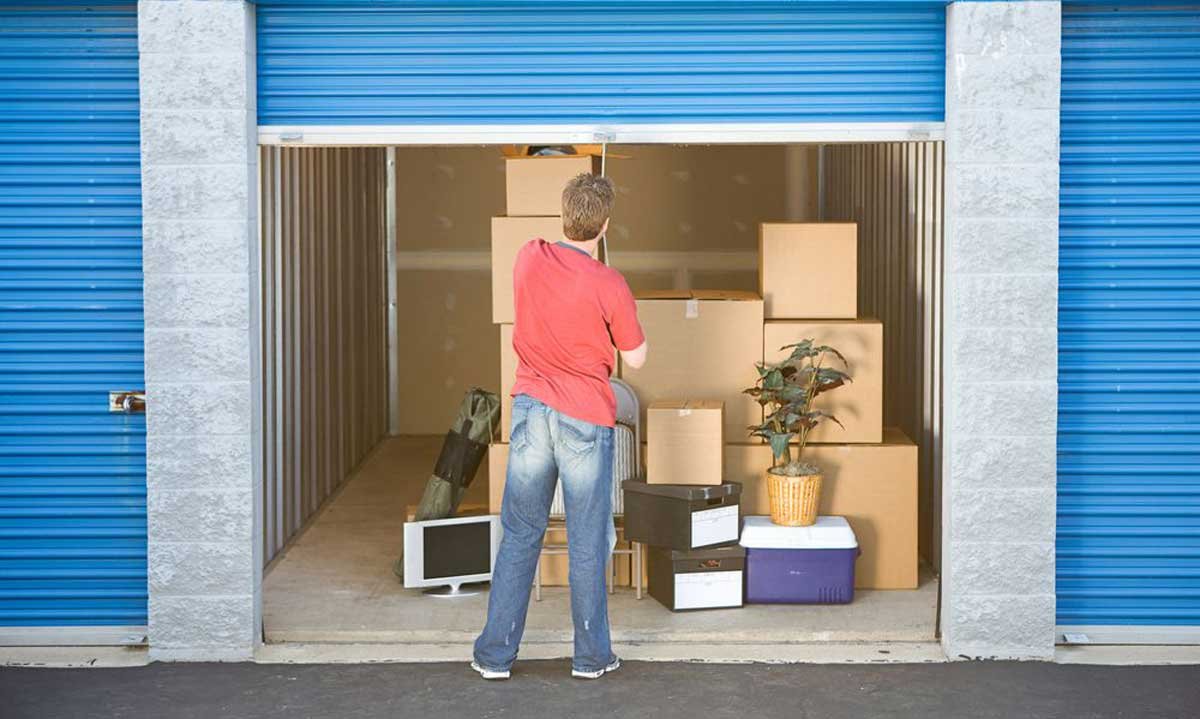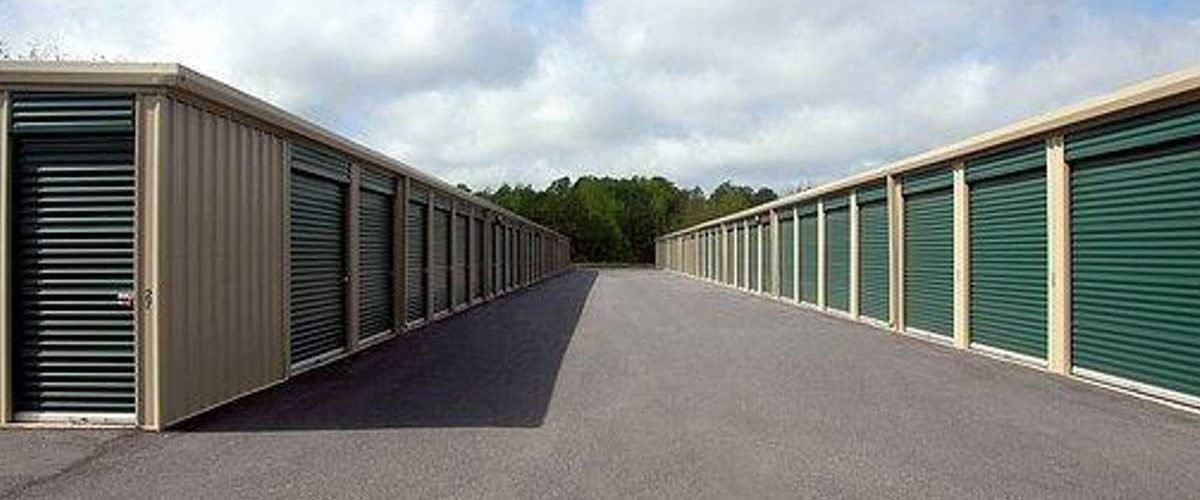The concept of renting self-storage is not new. Still, an increasing number of people have recently started availing themselves of these spaces to keep their belongings safe. They can indulge in the process of moving, renovation, or go for a long holiday without having to worry about their possessions behind.
Gone are the days when people disagreed with the idea of giving their things in someone else’s custody and paying them to keep their belongings secure. Today, more and more storage facility centers are popping up in the market and offering excellent services.
Self-storage is an industry that rents spaces to individuals and businesses to keep their goods safe. Meanwhile, they can focus on other matters at hand. With time self-storage services have been coming up with different facilities and providing people with additional benefits.
While many people have got convinced about self-storage, they are ignorant about the dos and don’ts. Numerous people store things that cannot go in storage units and end up ruining their other stuff. When people plan to store their belongings in a storage unit, they must be aware of the items they should not put in there.
The following are a few things you cannot store in a self-storage unit:

-
Table of Contents
Perishable Items
It may seem impossible that people can be oblivion and store perishable items in self-storage, but that is a regular occurrence. Some people do not realize the mess edible things like meat, fruits, or vegetables can create. In their ignorance, they store perishable items, thinking they will use them after some days.
They don’t realize that they can ruin their other stuff. Storage units are strictly a no-go area for perishable items. Since many storage facility centers are emerging, people have the facility of renting one near their location. Still, they must do their research and avail of one that has gained some reputation.
People living in Evansville or nearby cities in Indiana can book storage units evansville in, and leave their belongings in safe hands. When they book the storage unit offering excellent service, they must also ensure that they do not put any perishable items inside.
-
Hazardous Substances
Hazardous materials include anything and everything that can cause or spread the fire. Gasoline, grease, oil, propane, aerosol, paints, chemicals, and different cleaning substances are dangerous materials. They can ruin your other stuff and also destroy the whole property. Many people have gasoline, harsh cleaning chemicals, or paints at home.
In emergency moving, they find storing them in self-storage a convenient option. They must think it through and understand the potential harm their materials can cause. If there is a slight chance that your stuff can cause fire, you must be responsible enough not to risk the storage unit.
-
Pet Animals or Plants
It must seem obvious to people that confining living things in storage units is not a great idea. Still, numerous people think of putting their plants in self-storage, thinking they can get them in their original condition.
Plants attract bugs, which will destroy other things. Moreover, many plants do not survive in enclosed spaces and wither down in no time. The same is the case with animals. Pet animals need care and someone to look after them. Keeping them in self-storage, even if it is for a few days, can kill them.
-
Tires
Many people keep spare tires to avoid trouble. While traveling to other places, they consider keeping them in a storage unit as the best option. They may get a surprise as many storage facility centers to keep tires as a separate category that falls in the ‘not allowed’ category. Tires can easily catch fire, and the cost of disposing of tires is too high.
-
Weapons
One of the reasons you cannot store weapons and ammunition in self-storage is that it is illegal. As per the law, people cannot keep weapons in places where the chances of landing them in unauthorized hands are high. Officials recommend people store them in secure gun containers or cabinets.
Aside from the safety, storage facility centers cite the liabilities problems and strictly prohibit storing hand grenades, flame throwers, guns, or anything related to ammunition. Moreover, storing such hazardous items can create many other issues if your unit goes up for auction.
-
Money
Banks require proper documentation and sometimes need people to prove the source of their money. Even if their money is legal, some people choose not to go into trouble with filing applications and go through the cumbersome process of opening a bank account. They may consider keeping money in self-storage.
Preserving cash in a storage unit is a risk. It is better to opt for a safe deposit box for money, providing you with the peace that your savings are safe.
-
Illegal Items
Regardless of putting or not keeping things in a storage unit, you should not keep any illegal goods. Still, if you choose to put such things in a storage unit, the chances are that the officials may get a hint and involve the police. Storage facility centers are well-monitored, and it is doubtful that they will not realize that you are keeping illegal goods.
Conclusion
Storage units are convenient for people who do not want to get rid of surplus stuff but do not have much space in their homes. Moreover, many people go to other countries on a yearly contractual basis, and renting a furnished house does not seem feasible. Availing a storage unit keeps their valuables safe while they are away.
They get their possessions in their original condition. Moving to other locations or remodeling are extensive processes where people have to turn their homes upside down. Instead of taking a chance and losing precious things, people rent self-storage and put their minds at ease.
As much as the trend of renting storage units in need is on the rise, people are ignorant about the things they should not store there. Explosive items, pet animals, illegal belongings are a complete no for the storage units. While the storage units can be helpful, people must be vigilant while availing one and must adhere to its regulations.





